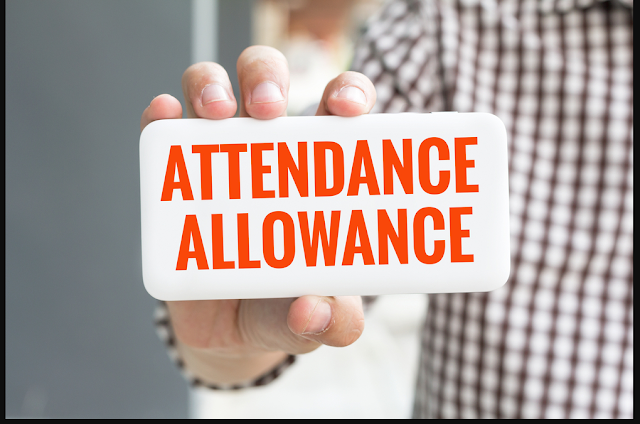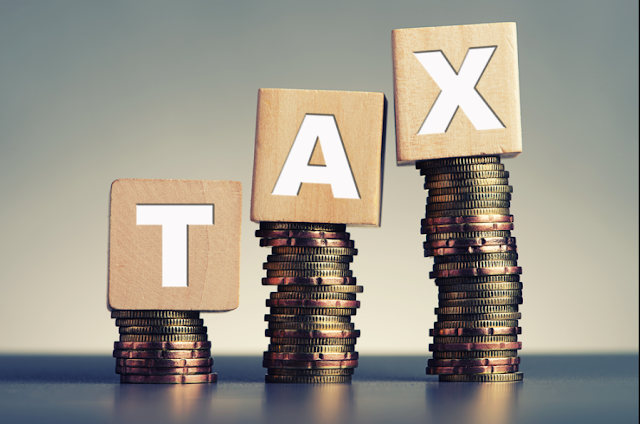Recording Your Statutory Accounts
Instructions to record your statutory accounts
Statutory records can be conveyed on the web. They should be recorded after the finish of your organization's monetary year, which is a year time frame that closes on the 'bookkeeping reference date' (ARD). You will at first get various cutoff times for sending your first yearly records to Companies House and HMRC. It is conceivable (and helpful), notwithstanding, to document ensuing records simultaneously. Cheap accountants in London will help you to format your annual accounts.
Sending yearly records to Companies House
Your first yearly records ought to be conveyed to Companies House no later than 21 months after the date of organization arrangement. The time frame canvassed in your first records will most likely be longer than a year on the grounds that your first monetary year will:
- start on the day that your organization was enlisted at Companies House
- end on your organization's ARD, which will be the latest day of the month where your organization was enrolled
Sending yearly records to HMRC
Yearly records ought to be conveyed to HMRC as a component of your Company Tax Return no later than a year after the finish of your 'bookkeeping period' for Corporation Tax. This bookkeeping period should not be longer than a year.
Ordinarily, the bookkeeping time frame for Corporation Tax will compare with the monetary year shrouded in your yearly records, however, it could be distinctive during the primary year. Accordingly, you may need to record two expense forms to cover the more drawn-out period in your organization's first yearly records.
On the off chance that you began exchanging on the day that your organization was joined, you should record two government forms. One government form for the initial year and one expense form for the additional time canvassed in your first yearly records.
Bookkeeping records that your organization should keep
To have the option to finish your organization's yearly records and expense forms, you should keep monetary and bookkeeping records, data, and computations that include:
- all pay got by the business
- all-cash spent by the business
- subtleties, everything being equal, and administrations purchased and sold by the business
- subtleties of all that the organization claims (resources) and owes (liabilities)
- subtleties of any cash owed to the organization
- home loans and advance arrangements
- rent arrangements
- bank articulations
You are lawfully needed to keep all bookkeeping records for at least 6 years (now and again more) from the finish of the monetary year to which they relate. HMRC may check your bookkeeping records to guarantee that you are giving exact data, paying the perfect measure of expense, and keeping appropriate records.




Comments
Post a Comment